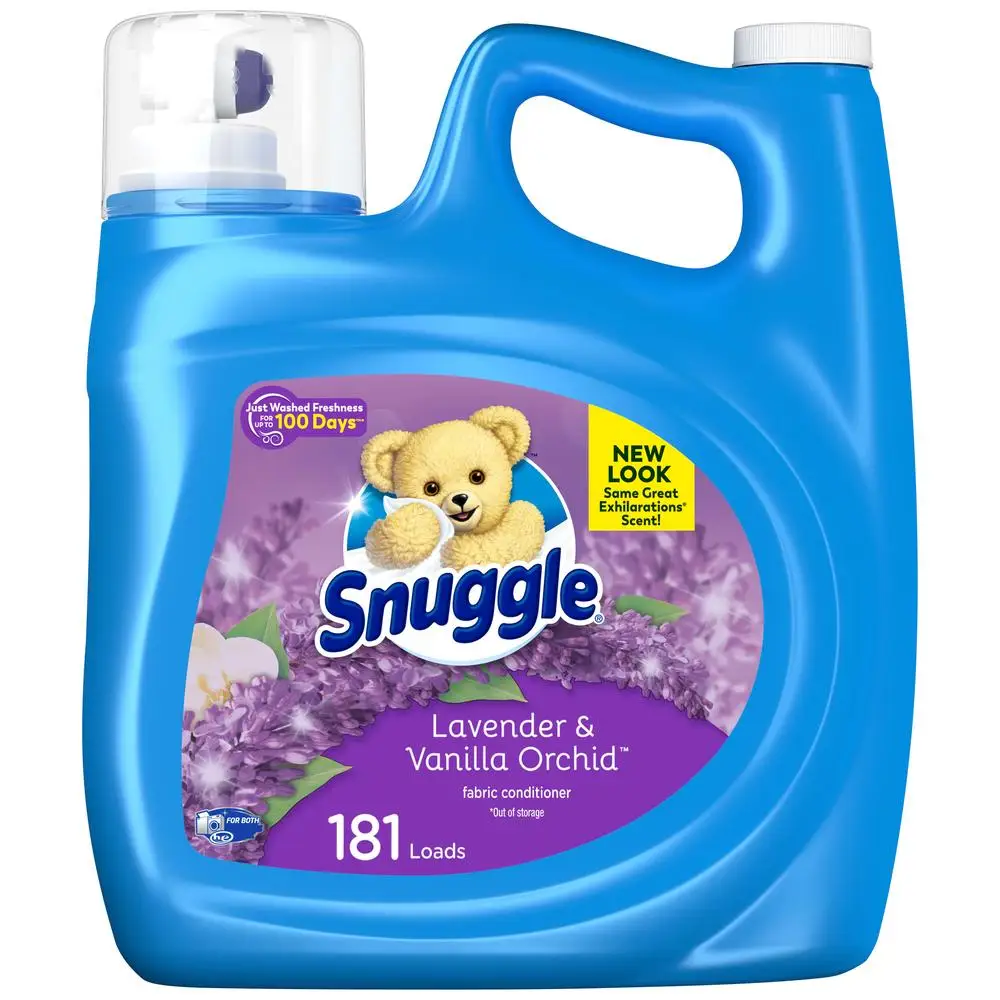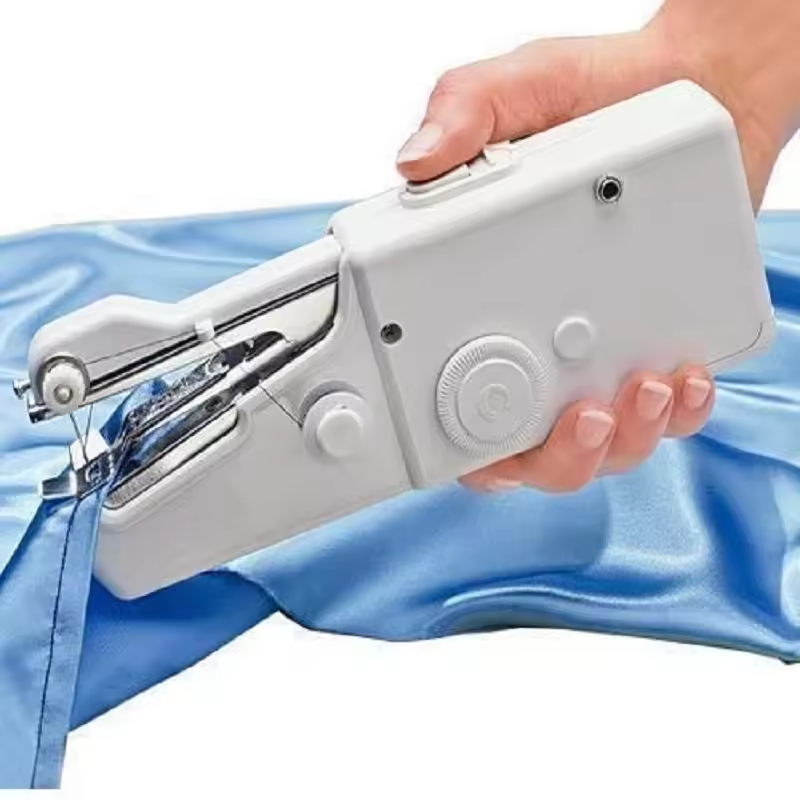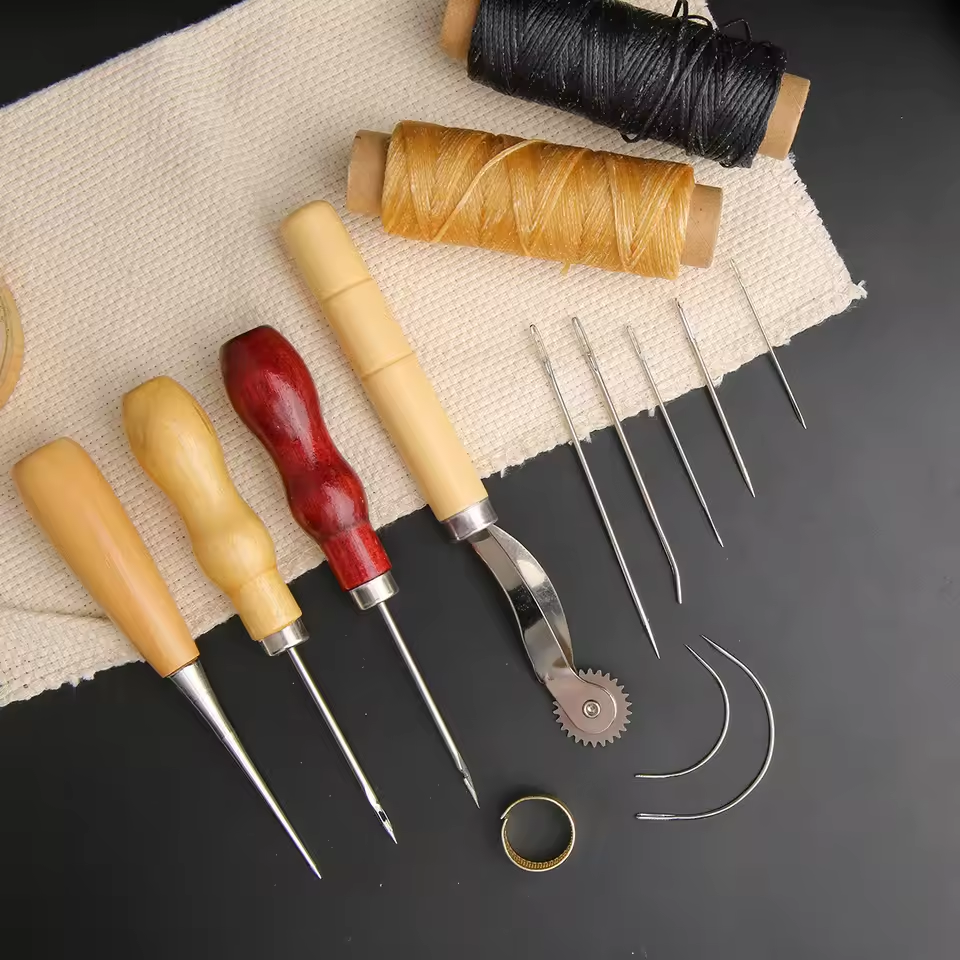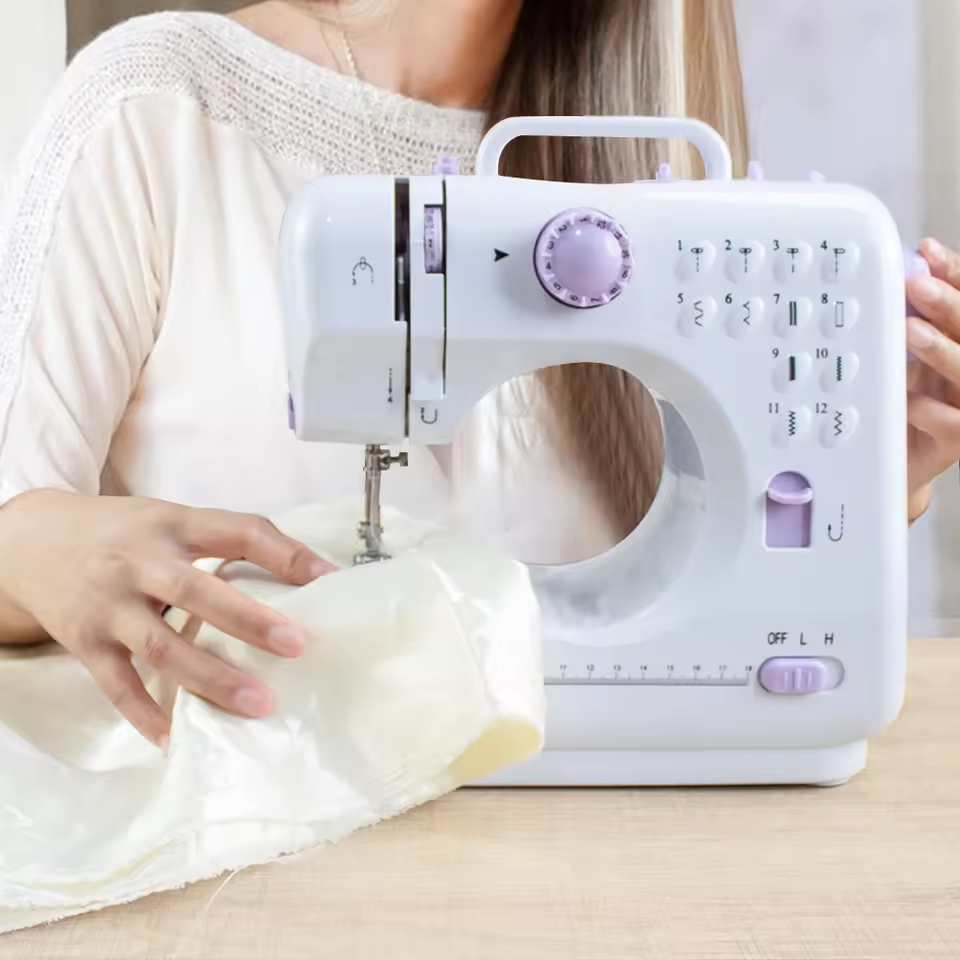In recent years, more people are becoming aware of the potential downsides of traditional fabric softeners. Many commercial fabric softeners are filled with synthetic chemicals and fragrances that may not only harm the environment but could also pose risks to human health. As consumers look for healthier and more eco-friendly options, natural alternatives to fabric softener are rising in popularity. This article explores various substitutes for fabric softener, their benefits, and how to use them effectively without compromising the quality of your laundry.
Understanding the Downsides of Fabric Softeners
Before diving into natural alternatives, it’s essential to understand why many choose to steer clear of conventional fabric softeners. Traditional fabric softeners often contain artificial fragrances, dyes, and other chemicals like quaternary ammonium compounds, which can be irritating to the skin and respiratory system. For those with allergies or sensitivities, exposure to these substances can lead to discomfort and health issues.
Moreover, these substances can have negative effects on the environment. Many fabric softeners are not biodegradable and contribute to water pollution when washed down the drain. Once in the water system, these chemicals can accumulate and pose a threat to aquatic life. Recognizing these issues encourages consumers to seek alternatives that are safer for both their health and the planet.
Additionally, fabric softeners may leave a waxy residue on clothes, which can reduce their absorbency and interfere with moisture-wicking capabilities. This can be particularly problematic for athletic wear and towels, which require the ability to absorb water. Such drawbacks push many individuals to reconsider how they treat their laundry and explore natural, effective options.
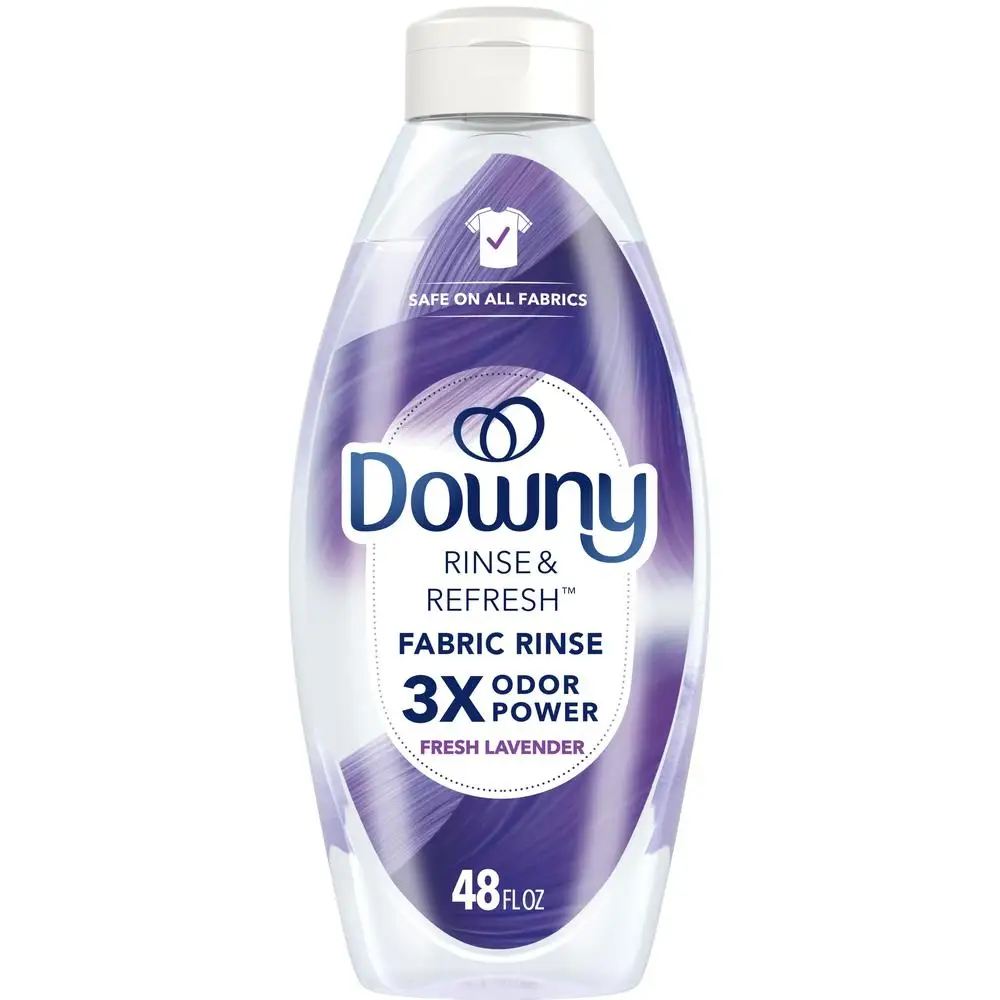
The Eco-Friendly Choice: Vinegar
One of the most popular and effective natural alternatives to fabric softener is plain white vinegar. Known for its multitude of uses, vinegar has natural softening properties that can leave your clothes feeling soft without the need for harsh chemicals. When used in the rinse cycle, vinegar acts to break down detergent residues and mineral deposits from hard water, which can accumulate over time.
To use vinegar as a fabric softener, simply add half to one cup of white vinegar to the rinse cycle of your washing machine. This not only softens your clothes but also helps to eliminate odor and static cling. White vinegar is particularly effective against unpleasant smells, making it a great option for athletic wear or heavily soiled garments.
Another benefit of vinegar is its antibacterial properties. It can help to kill off bacteria and other microbes that may linger in your laundry. For those concerned about hygiene, especially in towels or bed linens, vinegar offers both softness and cleanliness. Furthermore, it’s an inexpensive solution that contributes to a more sustainable household, reducing reliance on commercially manufactured products.
Essential Oils: A Scented Touch
For those who love a lovely scent in their laundry, essential oils are a fantastic natural alternative to traditional fabric softeners. While commercial fabric softeners often rely on synthetic fragrances, essential oils offer pleasant aromas derived from natural plants, making them a safer option for both your health and the environment. From lavender to eucalyptus, there’s a wide variety of essential oils to choose from, allowing you to customize your laundry experience based on your preferences.
To use essential oils effectively, add a few drops to a cotton ball or piece of fabric and toss it into the dryer along with your damp clothes. Alternatively, you can add essential oils to your homemade laundry detergent or vinegar rinse. A few drops of lavender essential oil can create a calming scent perfect for bedtime linens, while citrus oils can impart a fresh and invigorating fragrance to your everyday clothing.
In addition to their delightful aromas, many essential oils have inherent antibacterial and antifungal properties. Lavender oil, for example, is known for its calming effects and can help reduce anxiety while also keeping your clothes fresh and clean. Furthermore, using essential oils allows you to avoid the overwhelming scents and potential irritants found in commercial products, making it a health-conscious choice for your family.
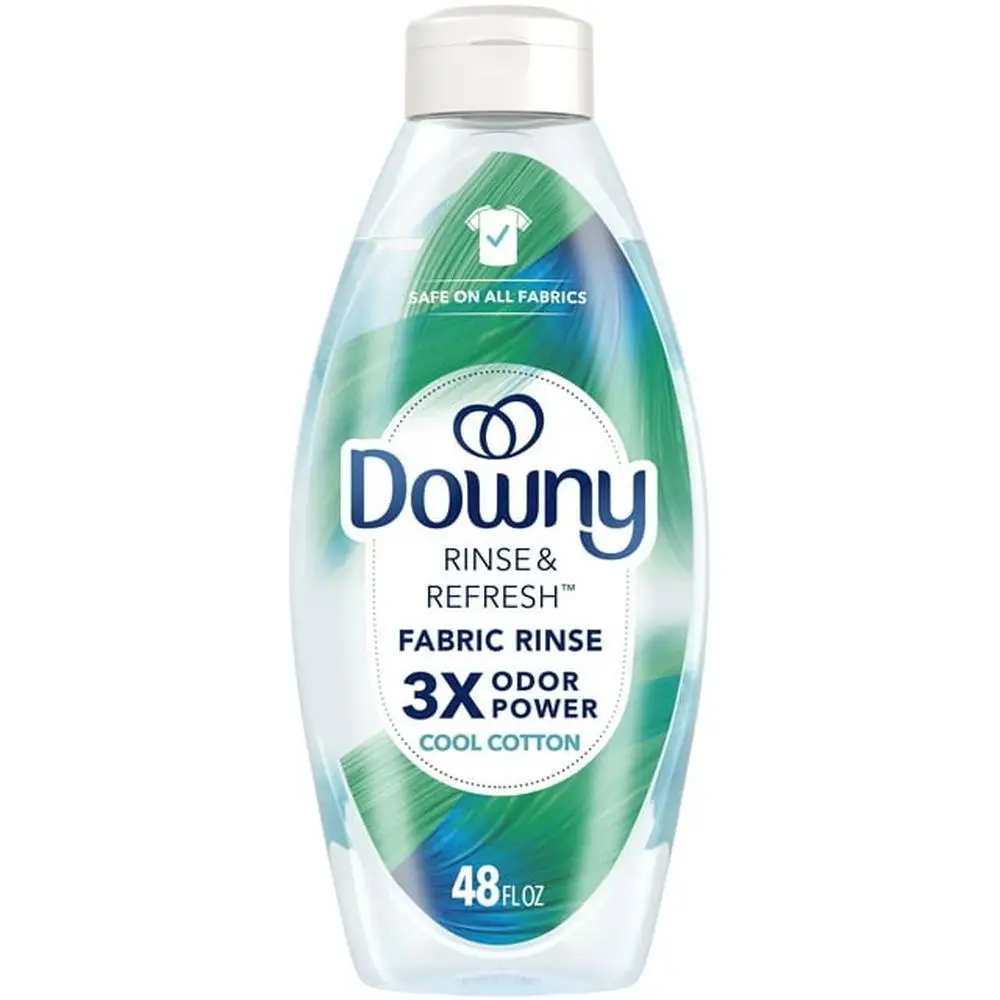
Baking Soda: A Powerhouse for Softness and Freshness
Baking soda is another versatile natural ingredient that can serve as an excellent alternative to fabric softener. Not only does it soften water and clothes, but it also helps to neutralize odors, making your laundry smell fresh. Baking soda works by balancing the pH levels in the wash, which can help detergent work more effectively and allow fabrics to feel softer.
To use baking soda as a fabric softener, simply add half a cup to the wash cycle. You can combine it with your regular laundry detergent or even use it as a standalone option for smaller loads. The effervescent nature of baking soda will act to lift dirt and grime, providing a thorough clean while preventing that stiff fabric feel.
Additionally, baking soda is a great option for households looking to reduce their environmental impact. It’s a natural substance that’s readily available and far less harmful than chemical-based softeners. When eventually washed away, it poses no threat to waterways or aquatic life. Furthermore, unlike fabric softeners that mask odors with synthetic fragrances, baking soda neutralizes unwanted smells at their source, making your laundry fresher without the harmful additives.
Epsom Salt: Softening Benefits
Epsom salt, known for its muscle-relaxing properties in baths, can also work wonders in your laundry routine. When added to the rinse cycle, Epsom salt can soften fabrics and help alleviate static cling. This natural mineral compound, primarily composed of magnesium sulfate, is safe, eco-friendly, and has the added benefit of being beneficial to your skin if you accidentally come into contact with it.
To use Epsom salt as a fabric softener, simply add 1/2 cup during the rinse cycle. Its reputation for softening clothes comes from its ability to penetrate the fabric and relax the fibers, leaving you with softer garments. Epsom salt is also low-cost and easily accessible, making it a practical choice for budget-conscious consumers.
Homemade Fabric Softener: A DIY Solution
For those who prefer to make their own laundry products, creating a homemade fabric softener is an excellent way to control the ingredients that go into your wash. Homemade fabric softeners can incorporate various natural alternatives, including vinegar, baking soda, and essential oils, creating a blend that meets your needs. With simple ingredients, you can customize your fabric softener while ensuring it is safe and effective.
One popular recipe includes a cup of white vinegar, a cup of water, and your favorite essential oil. Mix these ingredients in a spray bottle, and shake well before each use. You can adjust the amount of essential oil to reach the desired scent strength, allowing for complete control over your laundry’s fragrance. This homemade solution can be used in the rinse cycle or as a pre-dry spray.
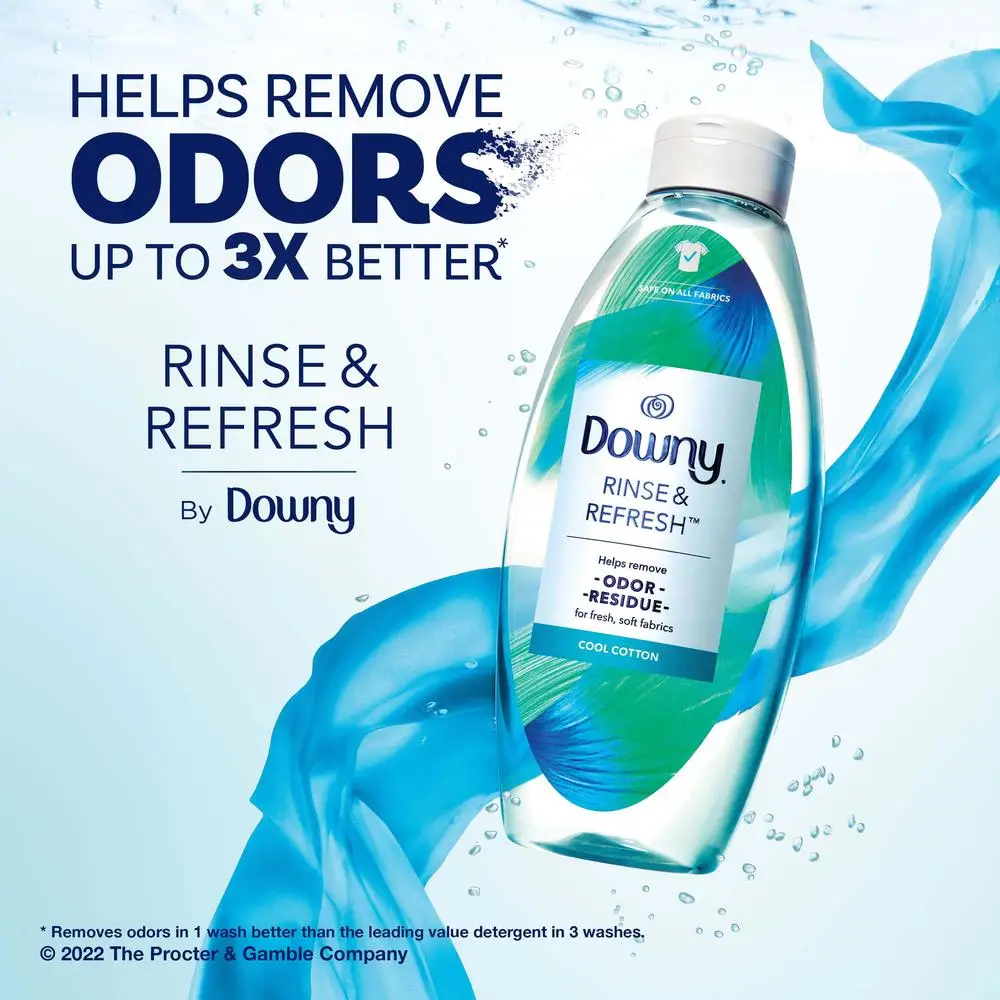
Conclusion: Modern Laundry Made Natural
Choosing natural alternatives to fabric softener is not just about avoiding harsh chemicals; it’s about adopting a healthier, cleaner lifestyle and promoting efficient laundry practices. Many options, from vinegar to baking soda and essential oils, provide various benefits without the negative impact associated with conventional products.
These natural alternatives are not only effective but also offer a pathway toward a more sustainable and eco-friendly household. By embracing these alternatives, you’re contributing to your family’s health and the planet’s well-being. As awareness of the potential dangers of synthetic chemical products grows, transitioning to natural solutions in laundry care becomes an essential step in promoting a healthier way of living.






